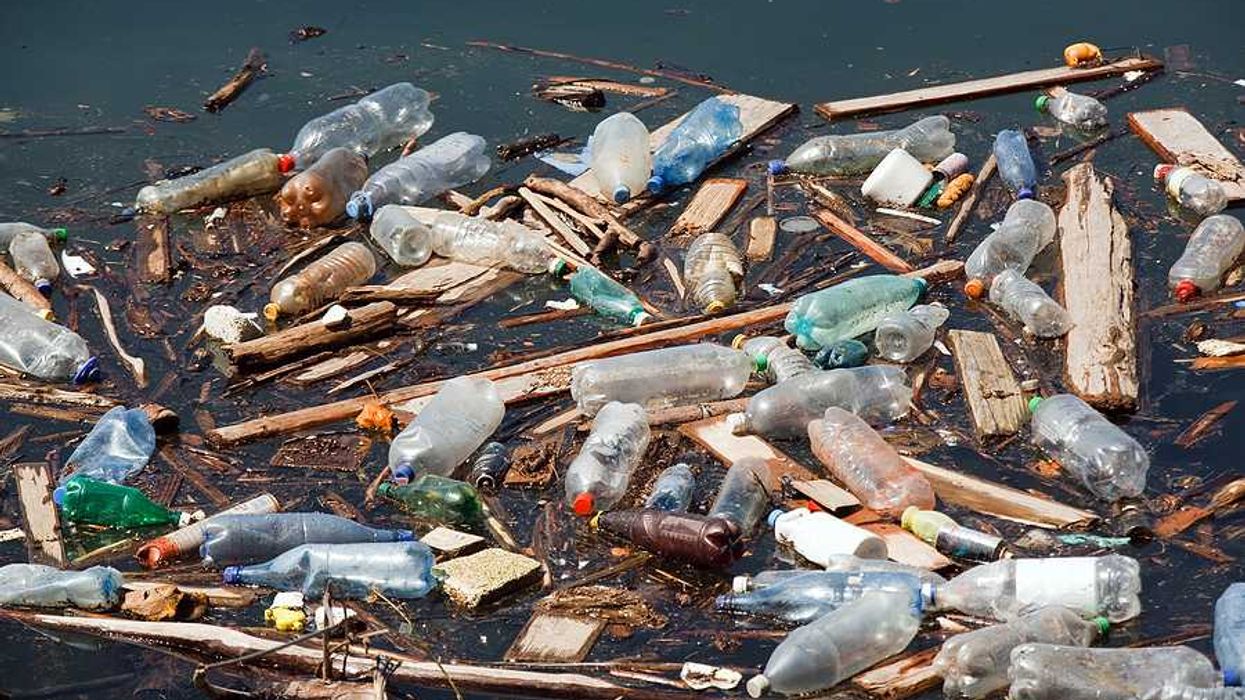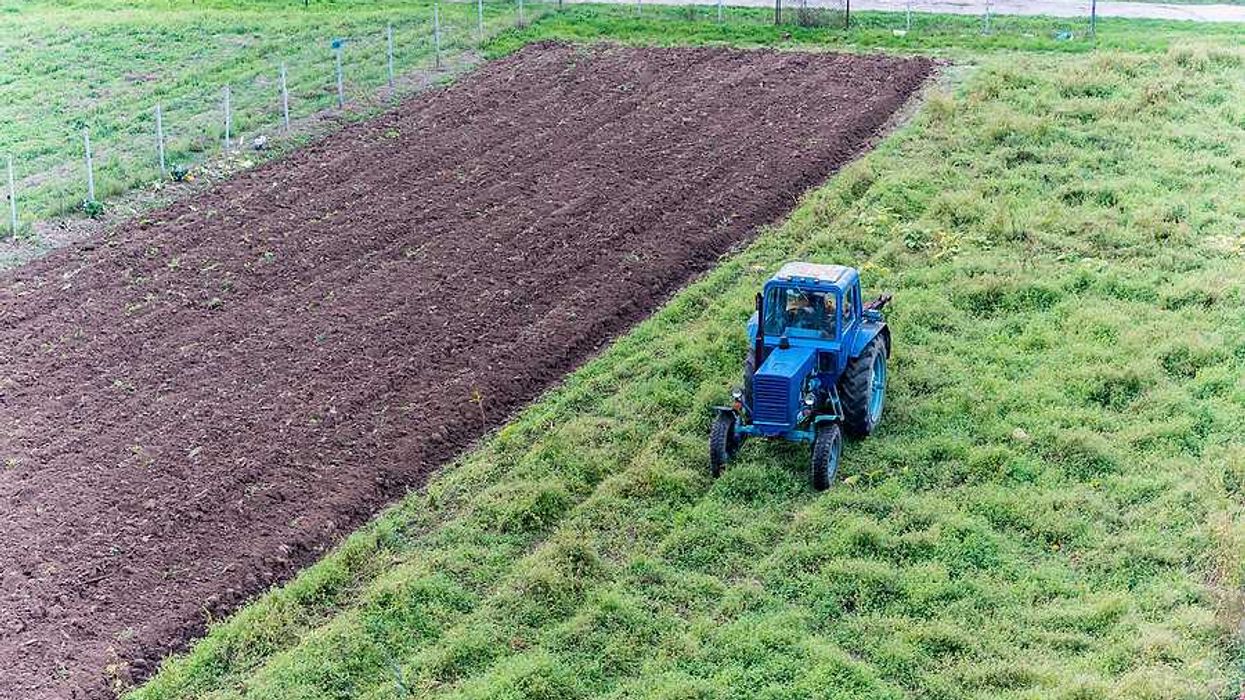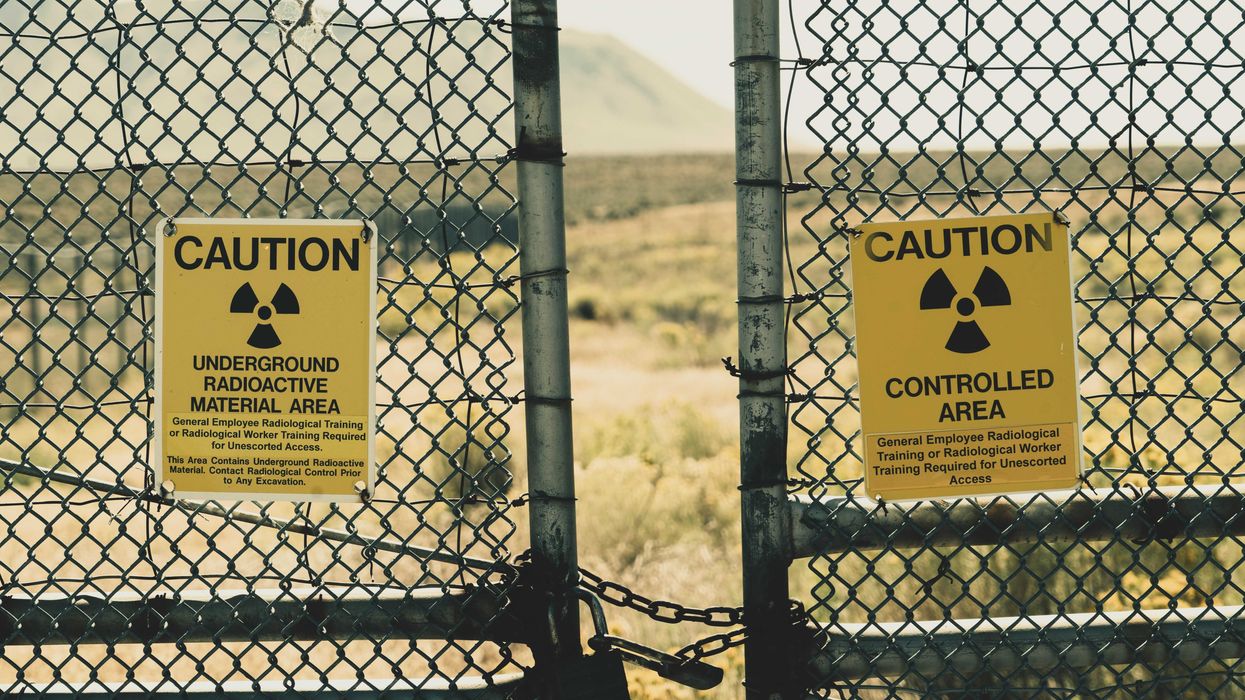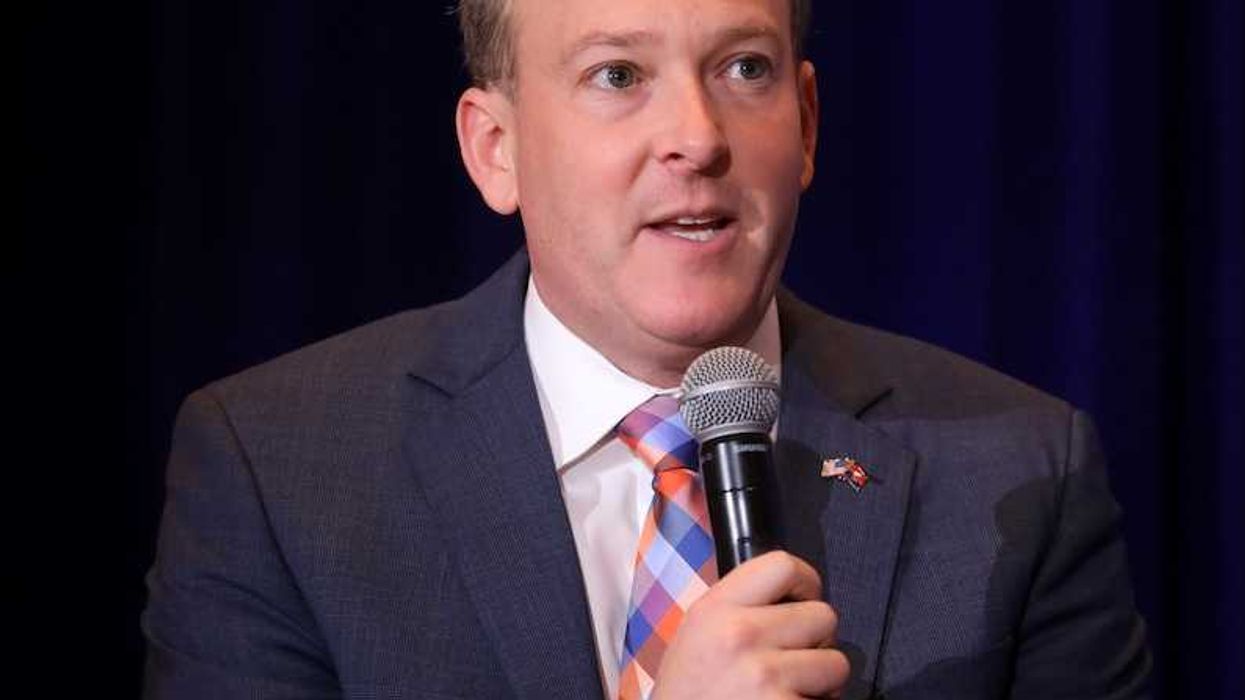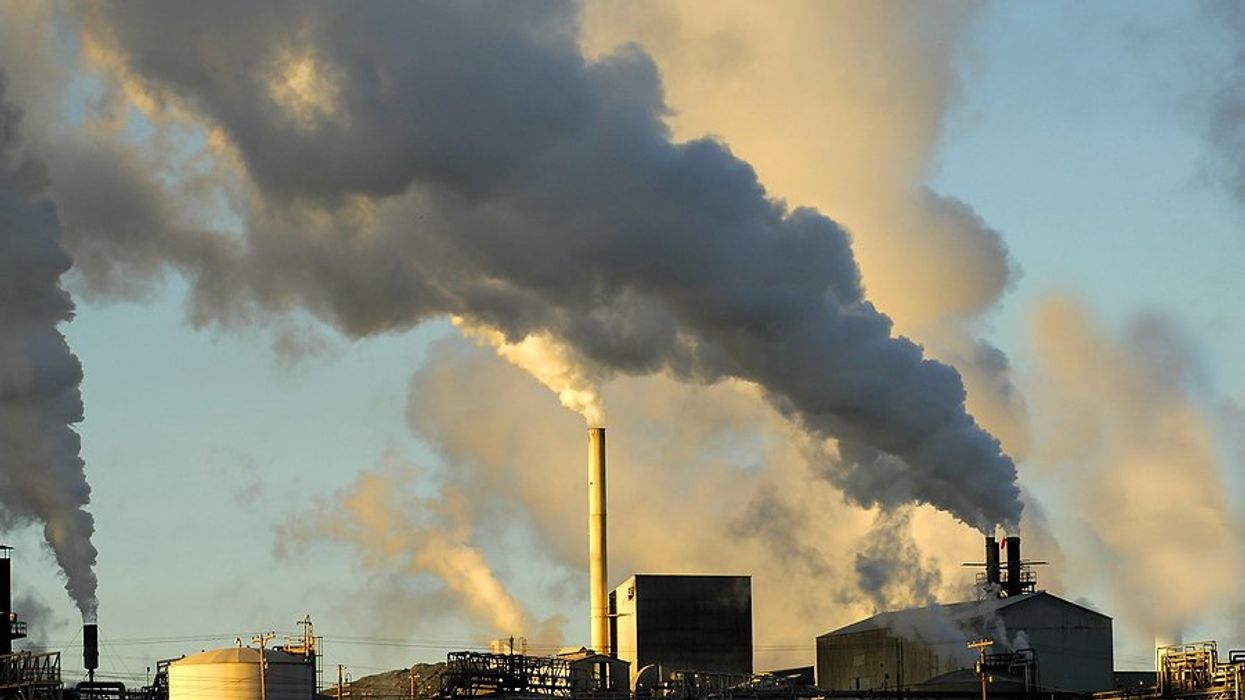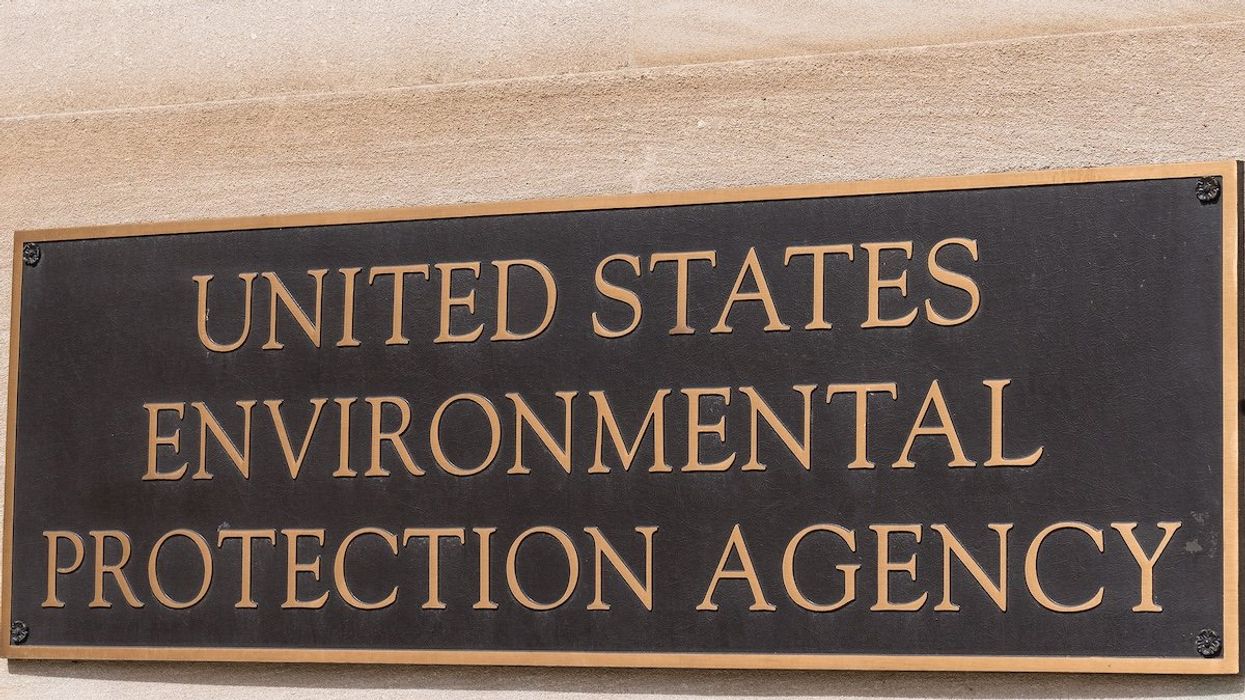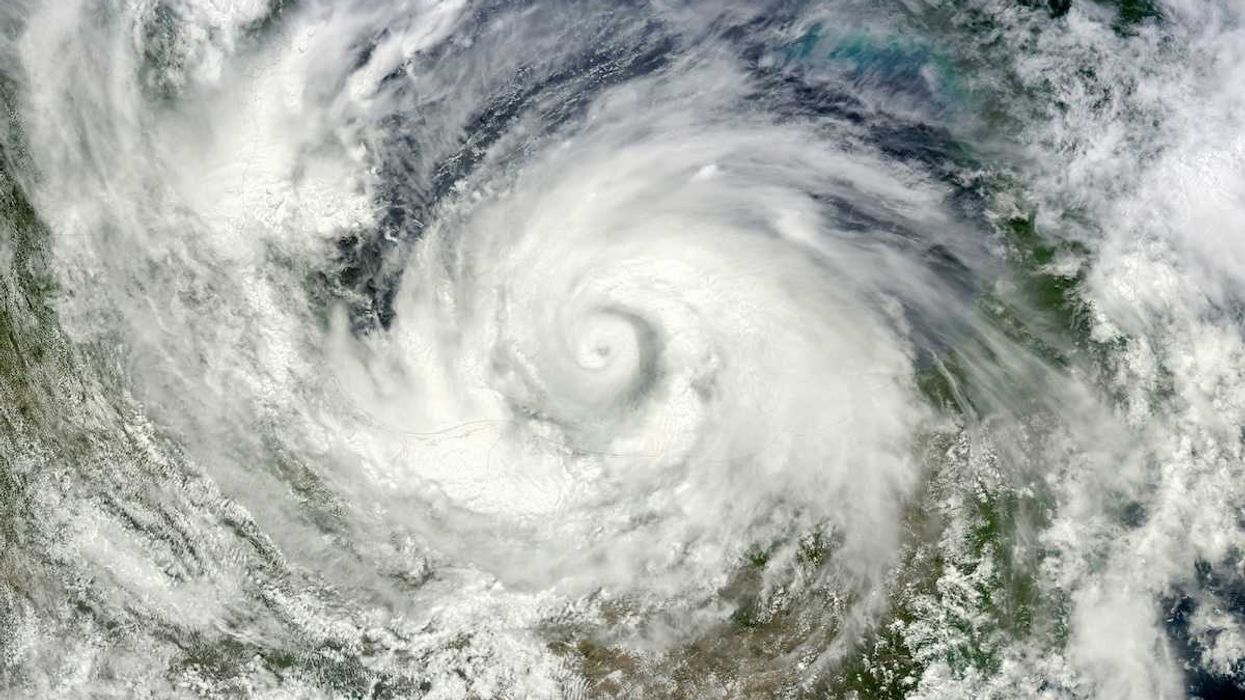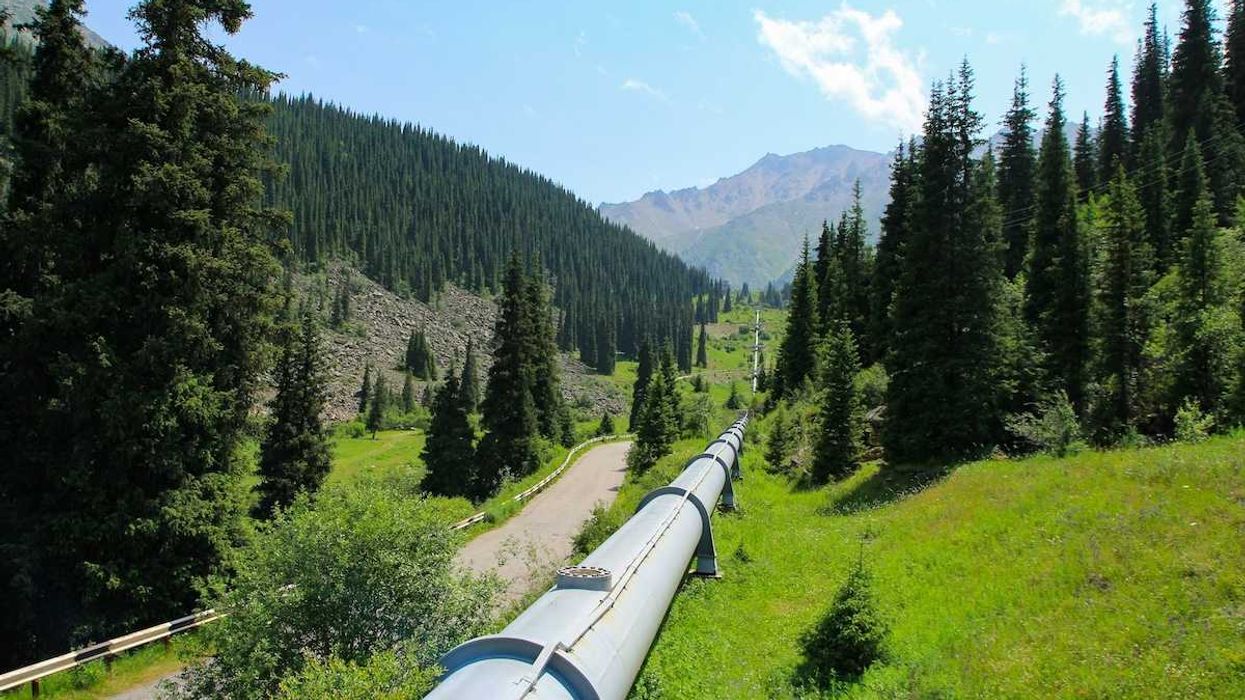A surge of Indigenous and international opposition pushed Brazil’s Supreme Court to pull a plan allowing mining on Indigenous lands, but legal battles over territory and compensation remain unresolved.
Karla Mendes reports for Mongabay.
In short:
- Brazil’s Supreme Court withdrew a proposal to permit mining on Indigenous territories, after backlash over potential violations of constitutional land protections.
- A new draft presidential decree from the Attorney General’s Office bans mining but allows tourism and limited economic activities led by Indigenous communities.
- Both the court's and AGU's proposals retain contentious provisions on compensating non-Indigenous settlers, which critics argue could block land demarcation.
Key quote:
“Mining in Indigenous territories goes against the grain, clearly attacking the rights of Indigenous peoples to life, to territory, to their own forms of organization and to the exclusive use of the natural resources of their territories.”
— Luis Ventura, executive secretary of the Missionary Council for Indigenous Peoples
Why this matters:
In Brazil, the battle over land rights in the Amazon has global consequences. At the heart of the controversy is the “marco temporal,” or “time frame thesis,” a legal argument backed by powerful agribusiness interests that seeks to limit Indigenous land claims to areas they were physically occupying at the time of the 1988 Constitution. Critics argue this ignores centuries of forced displacement and opens the door to intensified deforestation.
These Indigenous territories are environmental strongholds, protecting vast tracts of carbon-rich rainforest and playing a crucial role in regulating water cycles that affect agriculture and rainfall patterns across South America. As the Brazilian Supreme Court weighs the constitutionality of the time frame thesis, the outcome could either reinforce Indigenous rights or hand over greater control to extractive industries. The ripple effects of such decisions extend far beyond Brazil’s borders, potentially undermining international climate agreements and threatening biodiversity hotspots critical to planetary health.
Related: Brazil Supreme Court justice sparks backlash with proposal to weaken Indigenous land rights




